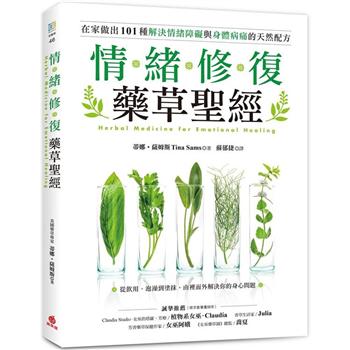A translocal ethnography about Tajik migrants’ engagement in projects of reform Islamic life in Dubai, the book maps Gulf migration onto larger geographies of Muslim mobility, piety and belonging across places in Eurasia, the Gulf, and wider Middle East. Spatializing the intersection of migration, work and Muslim piety, the book examines how formations of ethical subjectivity are closely tied to the multiple places that shape migrants’ travel itineraries and related experiences of dwelling there and crossing them. Situating these spatial biographies in broader transregional fields of Muslim mobility, connectedness and placemaking, the book explores why in the early 2000s young Tajik Muslims pursued spiritual, social and moral progress in the booming religious economy of Dubai’s fur coat business sector. The book’s spatial approach works threefold: With a focus on abroad, it interrogates the interplay of spatial perceptions of ’the good elsewhere’ with migrants’ placemaking ’there’. A second focus is on how multiplicity and flexibility of migrant situatedness (spatially, temporally, socially) in Persianate, Russophone and Arab culturescapes shape mobile pious subjectivities and cosmopolitan belongings. The book also develops a situated Tajik perspective on Gulf migration, that grounds in circulating spatial imaginaries, Muslim knowledge repertories, as well as in individual travel modes, paths and migrant experiences resulting from precarious livelihoods and discriminating migrant regimes. Linking anthropology with new area studies approaches, this book seeks to enhance multidisciplinary scholarship about the complex relation between religion, migration and mobile subjectivity in both Central Asian and Gulf studies and in the anthropology of Islam.
| FindBook |
有 1 項符合
Muslim Mobilities: Geographies of Piety and Belonging in Tajik Dubai Business的圖書 |
 |
Muslim Mobilities: Geographies of Piety and Belonging in Tajik Dubai Business 作者:Stephan 出版社:de Gruyter 出版日期:2024-12-30 語言:英文 規格:精裝 / 320頁 / 普通級/ 初版 |
| 圖書館借閱 |
| 國家圖書館 | 全國圖書書目資訊網 | 國立公共資訊圖書館 | 電子書服務平台 | MetaCat 跨館整合查詢 |
| 臺北市立圖書館 | 新北市立圖書館 | 基隆市公共圖書館 | 桃園市立圖書館 | 新竹縣公共圖書館 |
| 苗栗縣立圖書館 | 臺中市立圖書館 | 彰化縣公共圖書館 | 南投縣文化局 | 雲林縣公共圖書館 |
| 嘉義縣圖書館 | 臺南市立圖書館 | 高雄市立圖書館 | 屏東縣公共圖書館 | 宜蘭縣公共圖書館 |
| 花蓮縣文化局 | 臺東縣文化處 |
|
|
圖書介紹 - 資料來源:博客來 評分:
圖書名稱:Muslim Mobilities: Geographies of Piety and Belonging in Tajik Dubai Business
|











